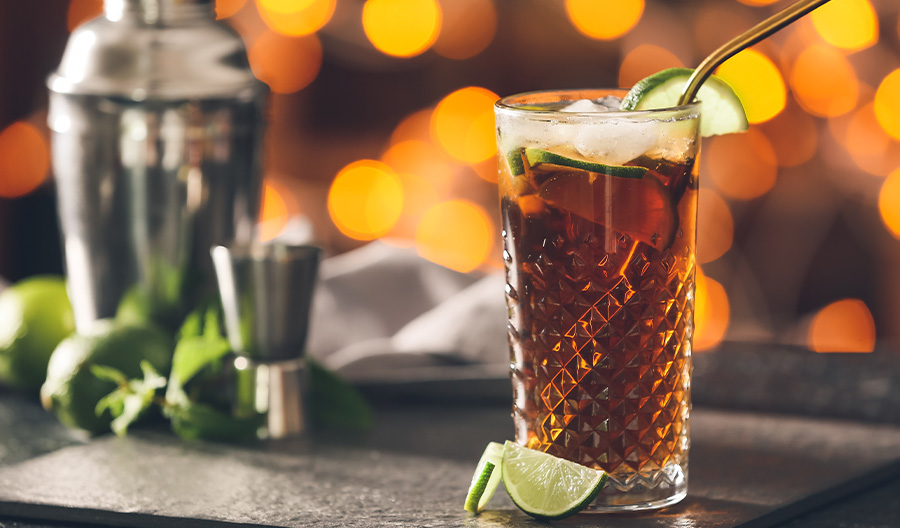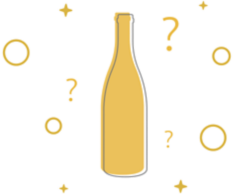Rum has been produced on the island of Jamaica since 1749 when the first distillery was founded. By the late 19th Century Jamaica was home to more than 100 distilleries, though today that number has dwindled significantly.
Jamaican rums are made with molasses, the sticky substance left when the sugar cane juice has been boiled. These are used to produce the country’s well-known, pot-still rums and high-proof white rums. These full-bodied rums are fermented in large casks called puncheons, a practice that dates back to the 17th Century, according to Esquire magazine.
These rums go through natural, or "wild," fermentation that gives them a distinct flavor often called Jamaica funk, the magazine states. This funk is said to have notes of tropical fruit, wood, and spices that make it ideal for mixed cocktails.
Another thing that drives diversity in the island’s top spirit is the numerous types of sugar cane used to make rums. Evaporation of the base spirit also happens much more quickly in warmer weather than in cooler climates like those found in Scotland. So fairly young rums can show a solid degree of evolution and be enjoyed earlier than those produced in cooler climates.

All the Colors of the Rainbow
Jamaica’s rum producers make white, golden and dark rums in a number of styles. Many are used in classic cocktails—such as the Daiquiri, Mai Tai, and Dark and Stormy—while some of the older versions deserve to be enjoyed and sipped neat.
Thankfully the island is home to more rum bars per square mile than anywhere else in the world, according to Cocktailwonk. The site goes on to detail that Jamaica is home to close to 20,000 rum bars, and most are simple one-room, roadside affairs with inventive names such as Candy's Chill Spot, Easy Hide Out Bar, and Breathe Ezzi.
Most of these bars don’t feature complex Tiki drinks, which can be found in fancy bars and hotels. In most cases, visitors buy a 375-ml. bottle of rum and choose their mixers: popular ones include coconut water, ginger beer, and juices. Guests tend to keep cocktails simple and mix them themselves tableside.
A Focus on Unique White Distillates
Jamaica is also home to a unique range of high-proof white rums. They can be fiery on the palate and mix well with fruit juices and other mixers. Any kind of rum bottled at over 100-proof is considered to be part of what is called the “over-proof" rum category.
The original concept behind these highly alcoholic rums was to make them more compact to travel on naval vessels. The idea was that they would then be cut with water upon arrival at their destination. Two over-proof ratios were eventually established: Navy-strength, bottled at 57-percent alcohol; and 151-rum, which is bottled at 75.5-percent alcohol; according to Coastal Living magazine. No longer cut with water, overproof rum is an ingredient in many cocktails, or it is used to flambé certain recipes.

